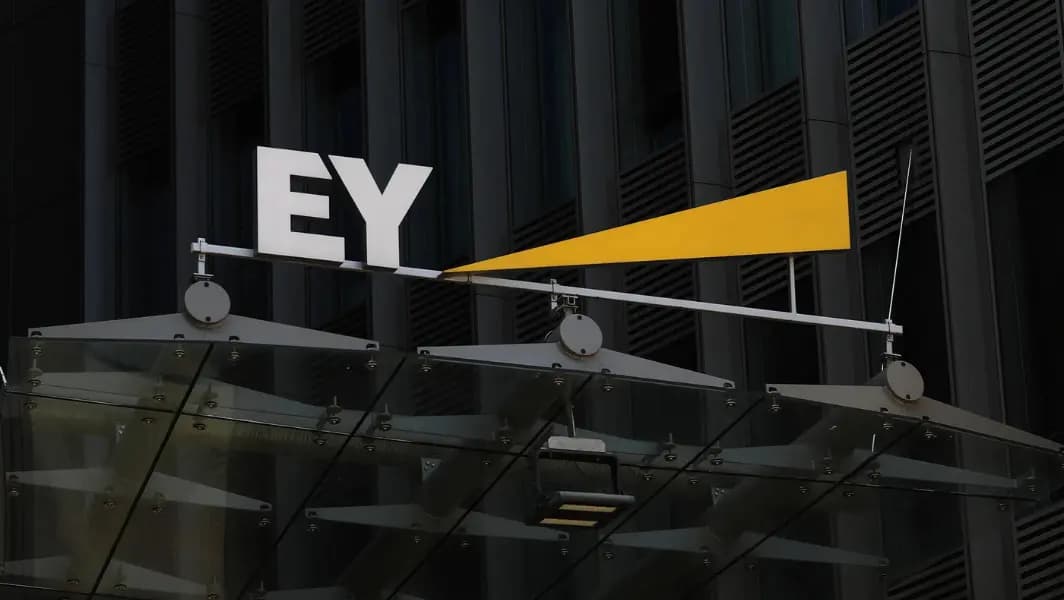
German Court Rules EY Not Liable for Damages in Wirecard Scandal
Investors Face Setback in Legal Battle Against Accounting Firm
A German court has ruled in favor of Ernst & Young (EY), stating that the global accounting firm is not liable for damages in the Wirecard scandal. The decision marks a major setback for investors who sought compensation for losses linked to the collapse of the once-thriving German fintech giant.
Background of the Wirecard Scandal
Wirecard, once a leading digital payments company, collapsed in 2020 after it was revealed that €1.9 billion was missing from its balance sheets. The scandal became one of Germany’s biggest corporate fraud cases, leading to criminal investigations, the arrest of key executives, and a significant blow to investor confidence in the country’s financial oversight system.
EY, which served as Wirecard’s longtime auditor, faced legal action from investors and creditors, who accused the firm of failing to detect massive fraud in the company’s financial statements. The plaintiffs argued that EY’s negligence in auditing Wirecard’s accounts contributed to their financial losses.
Court’s Ruling in Favor of EY
The German court dismissed the lawsuit, ruling that EY could not be held legally responsible for investors’ losses. The judges determined that while the auditor may have made errors, it was not directly liable for Wirecard’s fraudulent activities. The ruling emphasized that Wirecard executives—not its auditors—were responsible for the deception.
This decision shields EY from potentially massive financial penalties, as investors had sought billions in damages.
Implications of the Ruling
The ruling has significant consequences for investors, regulators, and the auditing industry:
- For Investors: This is a major setback, as they may have limited legal recourse to recover losses from Wirecard’s collapse.
- For Regulators: The decision raises concerns about auditor accountability, particularly in preventing large-scale corporate fraud.
- For EY: The firm avoids liability for investor claims, though it still faces regulatory scrutiny and potential reputational damage.
What’s Next?
While these ruling favors EY, legal battles over the Wirecard scandal are far from over. Other lawsuits against former Wirecard executives and regulatory bodies are still ongoing, and investors may seek appeals to challenge the court’s decision.
For now, EY has escaped direct financial liability, but the case has reinforced concerns about the effectiveness of financial audits in preventing corporate fraud on a global scale.